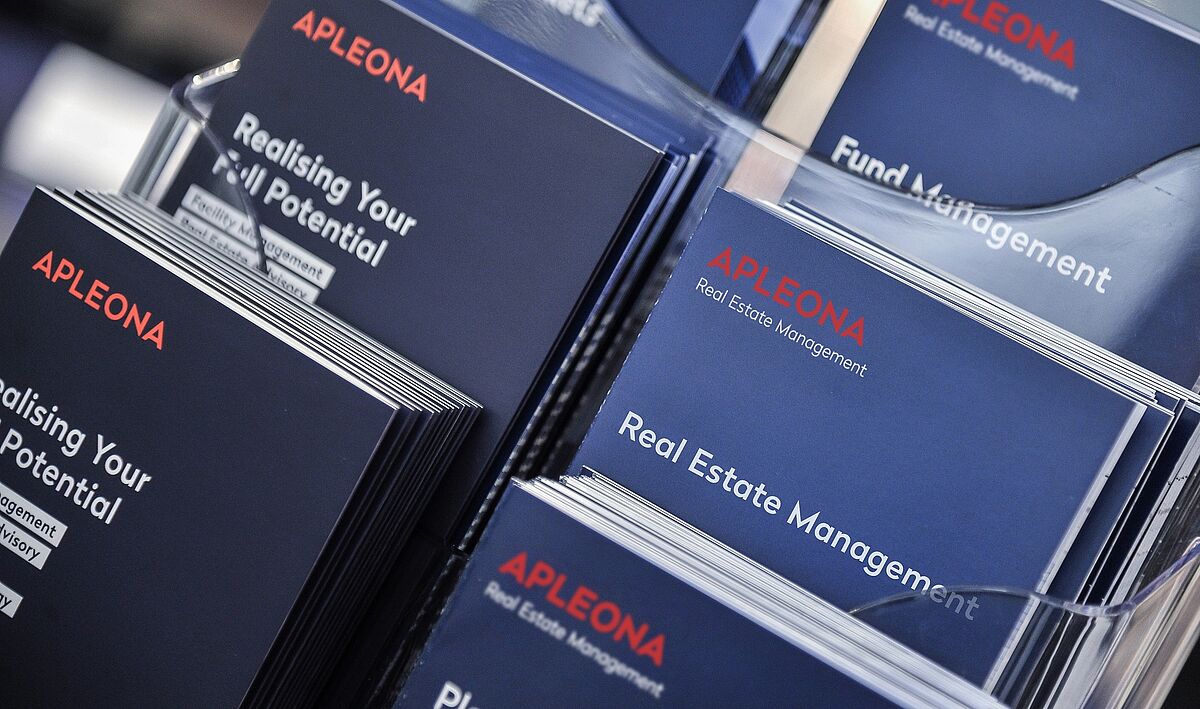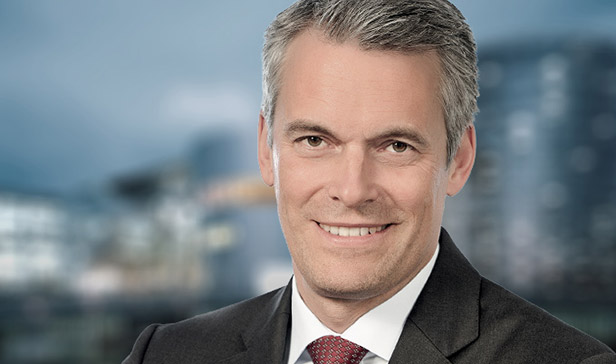- “Energy savings of 20% to 30% are quick and easy to implement comprehensively in existing buildings with short payback periods”
- “Important building block on the path to digital leadership”
Germany’s and Europe’s leading real-estate service provider Apleona is investing in a self-learning technology based on artificial intelligence (AI) in the field of energy and CO2 optimization. The company, which specializes in integrated facility and real-estate management, has therefore acquired an interest in Bonn-based green tech company Recogizer.
Recogizer uses its “energyControl” AI system to create digital twins of buildings and their technical facilities, enabling fully automated predictive control of heating, ventilation and air conditioning technology in real time, all while predicting and taking into account the environmental conditions and usage parameters of each building. This achieves average energy savings of 20% to 30% and a comparatively large reduction in CO2 depending on the energy supply situation. At the same time, this smart system ensures a comfortable and ideal room climate for the user; one that is not affected by short-term changes in weather, the way the building is used or how much time the user spends there.
Up to 75% of energy consumption and CO2 emissions in commercial property is caused by heating and cooling1). Apleona CEO Dr. Jochen Keysberg: “Thanks to innovative Recogizer technology, we can now offer our industrial and real estate customers significant energy and CO2 optimizations for their existing buildings, which are comparatively quick and easy to implement with short payback periods.”
An investment that will pay off within the first year of operation
According to Dr. Keysberg, previous projects show that Recogizer technology is sophisticated and that the necessary investments pay off within the first year of operation due to the energy savings achieved. “This is before the positive effects of CO2 reductions on the sustainability of existing buildings are even taken into account.”
“Important building block on the path to digital leadership”
As part of its digital transformation, Apleona is also relying on a technology partnership with IBM and developing digital applications for using and managing properties at the IBM Watson IoT Center in Munich. Dr. Keysberg says that the investment in Recogizer is another important building block for the digital development of Apleona’s business model and portfolio of services. “With Recogizer technology, Apleona is the first in the industry to use artificial intelligence comprehensively and in a way that is quickly scalable – major progress for digital energy management in existing buildings,” explains Dr. Keysberg. “We are now able to work together with our customers to help significantly increase the energy efficiency of real estate.”
Carsten Kreutze, founder of Recogizer, says, “We are delighted to have gained a strategic partner in Apleona that is committed to advancing the topic of digitalization in the real estate industry. Our vision is for smart and climate-friendly buildings that use artificial intelligence to save energy automatically. Together with Apleona, we are combining our strengths to make our pioneering retrofit solution available to an broader market.”
Recogizer has already won multiple awards, one of which it recently shared with retailer Breuninger, which successfully uses energyControl in its retail properties. With effect from January 1, 2020, Apleona acquired 40.7% of Recogizer; the majority of the other company shares remains with the founders and a smaller percentage with another group of investors.




